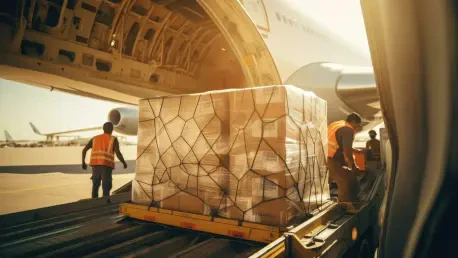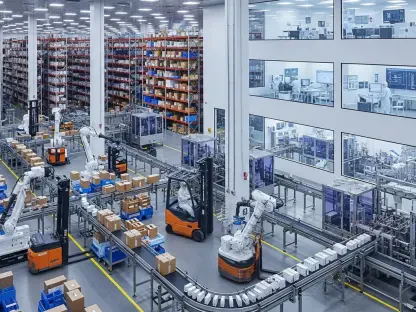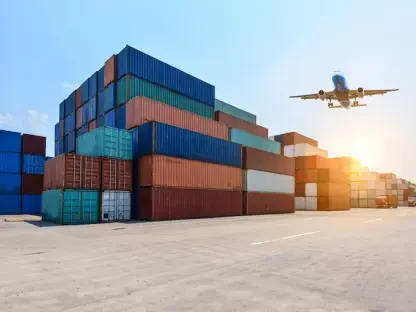In the bustling world of air cargo logistics, efficiency is paramount. An intriguing transformation is unfolding at Amsterdam Schiphol Airport where Schiphol Express has adopted a state-of-the-art automated cargo handling system. This move is not just a technological upgrade but a significant leap toward revolutionizing air cargo efficiency.
Pioneering Change in the Cargo Logistics Landscape
Air cargo logistics providers face pressing challenges as cargo volumes soar and the demand for faster, more efficient operations intensifies. Manual processes struggle to keep pace with technological progress, exacerbating the bottleneck effect in high-capacity logistical environments. In this context, adopting automation is no longer an option; it is imperative for survival and prosperity in the modern logistics landscape. Schiphol Express’s decision to embrace an automated system aligns with this industry evolution, promising improved operational efficiency and seamless process integration.
Embracing Innovation with Joloda Hydraroll’s Cutting-edge Technology
Previously, Schiphol Express grappled with outdated manual systems that hindered productivity and increased costs. Manual unloading of Unit Load Devices and pallets required significant manpower and slowed down logistics operations significantly. In response, Schiphol Express turned to Joloda Hydraroll, whose automated Truck Dock and Powered Rollerbed system has transformed cargo handling processes. This integration reduces unload time drastically and streamlines operations with hydraulic adjustments, motorized rollers, and added safety features like trailer detection, leading to substantial cost savings and efficiency gains.
Transformation Unveiled: Improved Operations and Insights
The installation of the Joloda Hydraroll system has yielded substantial positive impacts. Christophe Darras, an operations manager at Schiphol Express, notes how the new system has dramatically curtailed unloading times while enhancing workflow consistency. According to personnel directly engaged with the system, the automated processes have fostered safer working conditions and increased operational output. Feedback from staff also indicates a heightened ability to meet client expectations consistently and manage larger cargo volumes without compromising quality.
Charting the Path to Automation Success
Schiphol Express’s successful transition to an automated system offers a blueprint for other logistics providers considering similar upgrades. Key strategies include meticulous planning, ensuring seamless integration of the automated system into existing workflows, and continuous staff training to optimize the benefits of the technology. Managing the change process effectively involves clear communication and support systems to help staff adapt to the new ways of working. Emphasizing the importance of aligning technology with operational objectives is crucial in achieving a smooth transition.
The Road Ahead: Setting New Standards in Cargo Efficiency
In conclusion, Schiphol Express’s foray into automation with Joloda Hydraroll’s advanced equipment has set new benchmarks in air cargo logistics. The implementation has not only enhanced operational efficiency but also positioned Schiphol Express as a leader in the field. As logistics services continue to evolve, developing strategies focused on automation will be vital for maintaining competitive advantages. Looking ahead, the lessons learned and strategies employed could guide further innovations in the industry, fostering a future where logistics management is synonymous with cutting-edge efficiency solutions.









